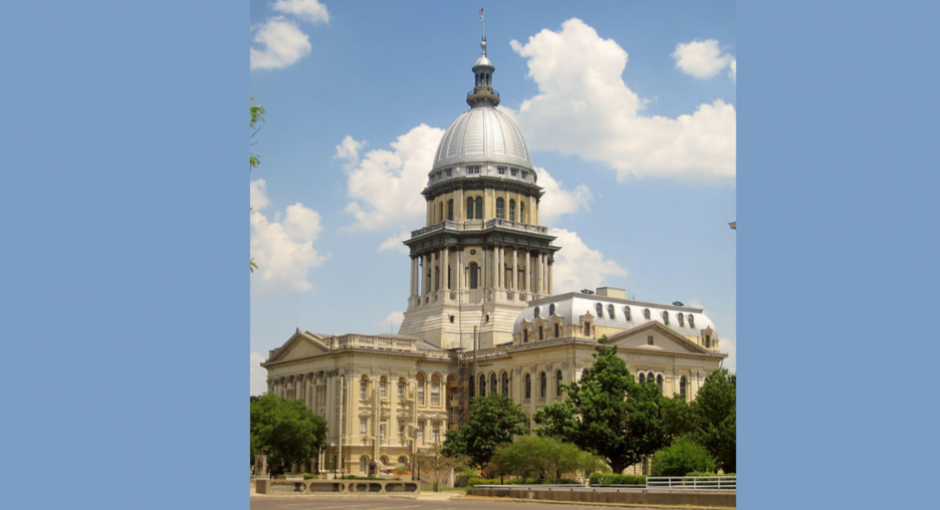The Illinois legislature has voted to forbid pharmacy benefit managers, third party payers, and Medicaid managed care organizations from discriminating against 340B covered entities and their contract pharmacies.
At least three other states have passed similar legislation so far in 2022: Michigan, Virginia, and Nebraska.
The Illinois House passed HB 4595 on March 3 and the state Senate on March 30. Gov. J.B. Pritzker (D) is expected to sign it into law.
In general, the bill forbids PBM or third-party payer discrimination against 340B entities and contract pharmacies regarding:
- reimbursement
- fees, chargebacks, or rate adjustments
- use of 340B-purchased drugs
- an individual’s choice to receive drugs from a 340B pharmacy (differing co-pay or cost-sharing amounts within a benefit plan are allowed if a beneficiary uses a nonpreferred or nonparticipating provider)
- pharmacy network access
- “any other provision that discriminates against a 340B entity or 340B pharmacy by treating the 340B entity or 340B pharmacy differently than non-340B entities or non-340B pharmacies for any reason relating to the entity’s participation in the 340B drug discount program.”
Another section of the bill says Medicaid managed care organizations or PBMs administering benefits on a Medicaid MCOs behalf “shall not refuse to contract with a 340B entity or 340B pharmacy for refusing to accept less favorable payment terms or reimbursement methodologies when compared to similarly situated non-340B entities.”
The section also forbids Medicaid MCOs or their PBMs from discrimination against 340B entities and contract pharmacies regarding:
- fees, chargebacks, or rate adjustments
- an individual’s choice to receive drugs from a 340B pharmacy
- pharmacy network access
- entity or pharmacy use of 340B-purchased drugs “so long as the drug recipient is a patient of the 340B entity” (pharmacies must follow the state’s preferred drug list and obey state or MCO prior approval requirements)
- “any other provision that discriminates against a 340B entity or 340B pharmacy by treating a 340B entity or 340B pharmacy differently than non-340B entities or non-340B pharmacies for any reason relating to the entity’s participation in the 340B drug discount program.”
Oregon Style Duplicate Discount Protection Provision Dropped
The final version of HB 4595 excluded language from the original that would have required the state health department to implement a system like Oregon’s to prevent duplication of 340B discounts and Medicaid rebates in Medicaid managed care. Covered entity groups have promoted the Oregon model as an effective way to address the duplicate discount challenge.
Under the orginal version of the bill, covered entities and their contract pharmacies would have been required to “to submit quarterly retrospective utilization files containing the minimum fields necessary to accurately identify the drugs to the department or its contractor for processing Medicaid drug rebate requests to Medicaid beneficiaries or Medicaid managed care organization enrollees.”
The health department or its contractor would have been required to use the quarterly reports to remove 340B claims from the state’s Medicaid drug rebate requests. The department would have been barred from requiring entities or contract pharmacies “to use any other method or billing code to identify 340B drugs billed to Medicaid or Medicaid managed care organizations.”


